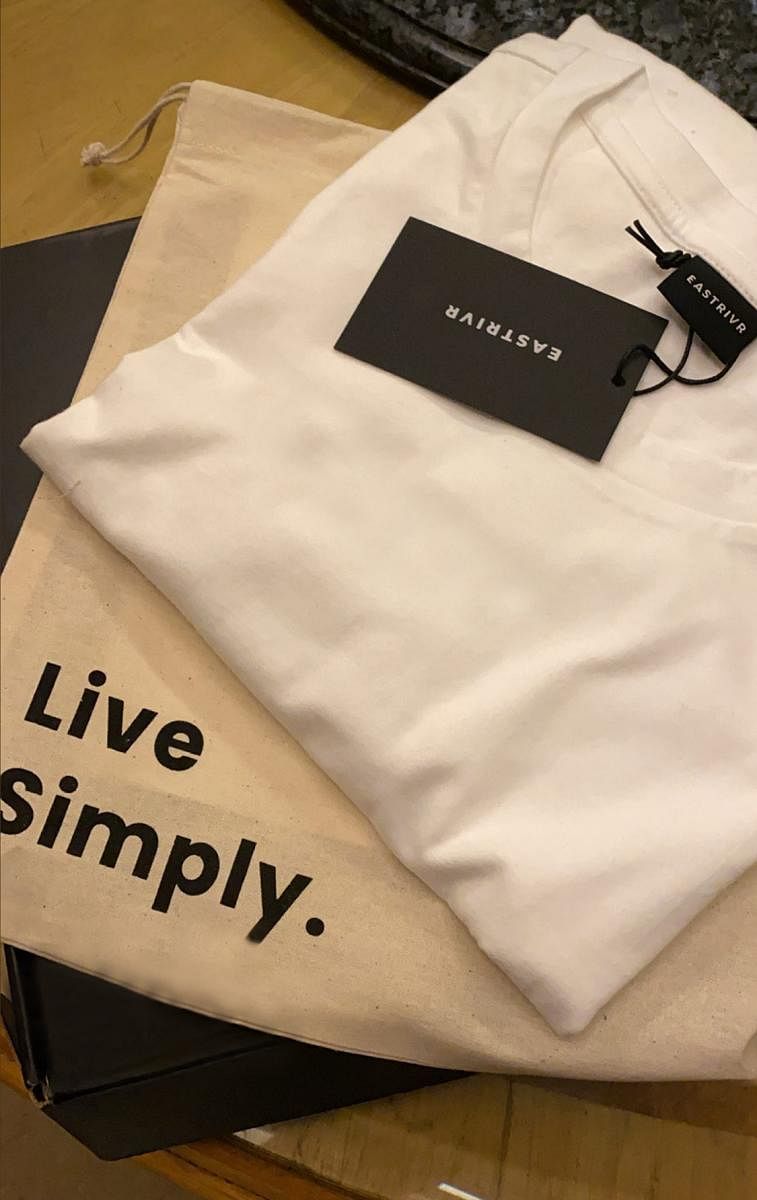
With many losing their jobs and students back at home with long breaks from school and college, many found the time to pursue their passion.
Thinking Donkey Productions
Video editor and cinematographer Rohit Saju had lost his job and had deferred his Masters when he got a call from his former professor, Benson Rajan, for an editing job. “A junior of mine, Ajay, and I were part of the project. We were both paid at the end; it wasn’t much, but we decided to take this venture forward,” he says.
Thus, Thinking Donkey productions was born. “Initially we planned to do this for a year since I plan to leave for my Masters this year. But, once we started we got a big client and it made us rethink our stance,” he shares.
Coordinating remotely was a challenge, as all three of them were located in different places.
He says that this venture would not have existed without the pandemic and now they are taking it one day at a time. “We don’t want to put an expiry date on it but we are not too invested in it since it’s not our primary job,” he concludes.
Thrift in Blr
Bhavana Sinha and Esha Rao, second-year undergrad students, started the venture after they came back to the city from their universities due to the pandemic.
“Shein had been banned and a lot of people in my circles were talking about it. At the same time, there was a growing interest in online thrift stores. I shared a post regarding this when Esha messaged me about doing something like this,” says Bhavana. She says they knew they wanted to have a closet clearance model as she had multiple clothes she didn’t wear and she knew friends who did too.
Navigating logistics was a huge challenge. “Not only would this venture not have existed if not the pandemic, it wouldn’t have worked either. Even now, with things picking back up, people are slowly going back to their old shopping habits,” she says.
With both of them going back to college soon, the thrift store will close, but they hope to use their following and start a zine.
Siachen
Aritra Arbol is an entrepreneur with nearly eight years of experience in creating homegrown and sustainable brands.
Interested in the space of beauty, she was doing product research before March but the pandemic pushed her to launch her brand, Siachen.
The natural and organic beauty brand has products that harness the benefits of hibiscus.
“While I would have gone forward with this venture irregardless, it probably would have taken longer and more resources,” she says.
She outlines three reasons why the venture was made possible during this time. “The time spent at home gave me enough time to work towards my goal. I found myself inclined towards improving my health and I figured that may be the case for others as well,” she says. However, the most important factor, according to her, was the fact that manufacturers and packaging vendors that had been adversely affected by the lockdown were now willing to work on smaller quantities and with smaller businesses. “This allowed us to start operations within our means and resources,” she explains. She ships across the country and says Bengaluru is one of their top three locations with 24 per cent of their orders being shipped to the city.
Coordinating remotely with the vendors, who were used operating through physical meetings was a challenge, she says. She hopes to take the venture forward as she has identified a customer base for herself.
Eastrivr
Founded by Divyansh Lohia and Kshirja Diwan, Eastrivr is a sustainable clothing brand.
Divyansh had been following a minimalist and sustainable lifestyle. He decided to spear the venture when he returned to India from New York, where he was pursuing his Masters, once the pandemic hit.
“The pandemic made people globally realise the real importance of things like sustainability. This was the right year and timing to start the venture,” says Kshirja.
They began in November with one product — an organic cotton t-shirt. “We had 110 pre-orders in five days and 18 per cent of our orders were from Bengaluru,” she says.
She says that managing the supply chain was a challenge. “The industry is not well versed with terms like organic and sustainable, it was tough to navigate that,” she adds.
They hope to grow the brand and make it international by September 2021.
The Bluest Caterpillar
Viveca Pavate dropped out of college to make art and write. She started an Instagram page to share her writing, which turned into a small art business during the pandemic.
She works with resin. She decided to combine her work with her boyfriend, James Noronha’s fretwork to make a range of products from jewellery to ashtrays.
“Having dabbled in art a little before, we decided to start showcasing our work during the pandemic, because we had enough time on our hands to work on them,” she says.
The main challenge was logistics and marketing. “We’re still figuring out the business aspect of it but we hope to take this venture forward once we figure out how to go about it,” she concludes.
Pretty Baked
Students Keya Christiena and Rose began their home bakery when they found time for their love of baking during the pandemic. They started by selling cookies six months ago and added more products as demand grew. Based out of BTM, they deliver within a 25 km radius.
While they had plans to open cafes in the future, it was meant to happen much later stage.
“This just fell right. We both enjoyed doing it and the feedback was encouraging. The pandemic gave us time to properly plan a cohesive venture,” she says.
They hope to have a physical outlet one day but plan to remain a cloud kitchen for a few years post the pandemic.